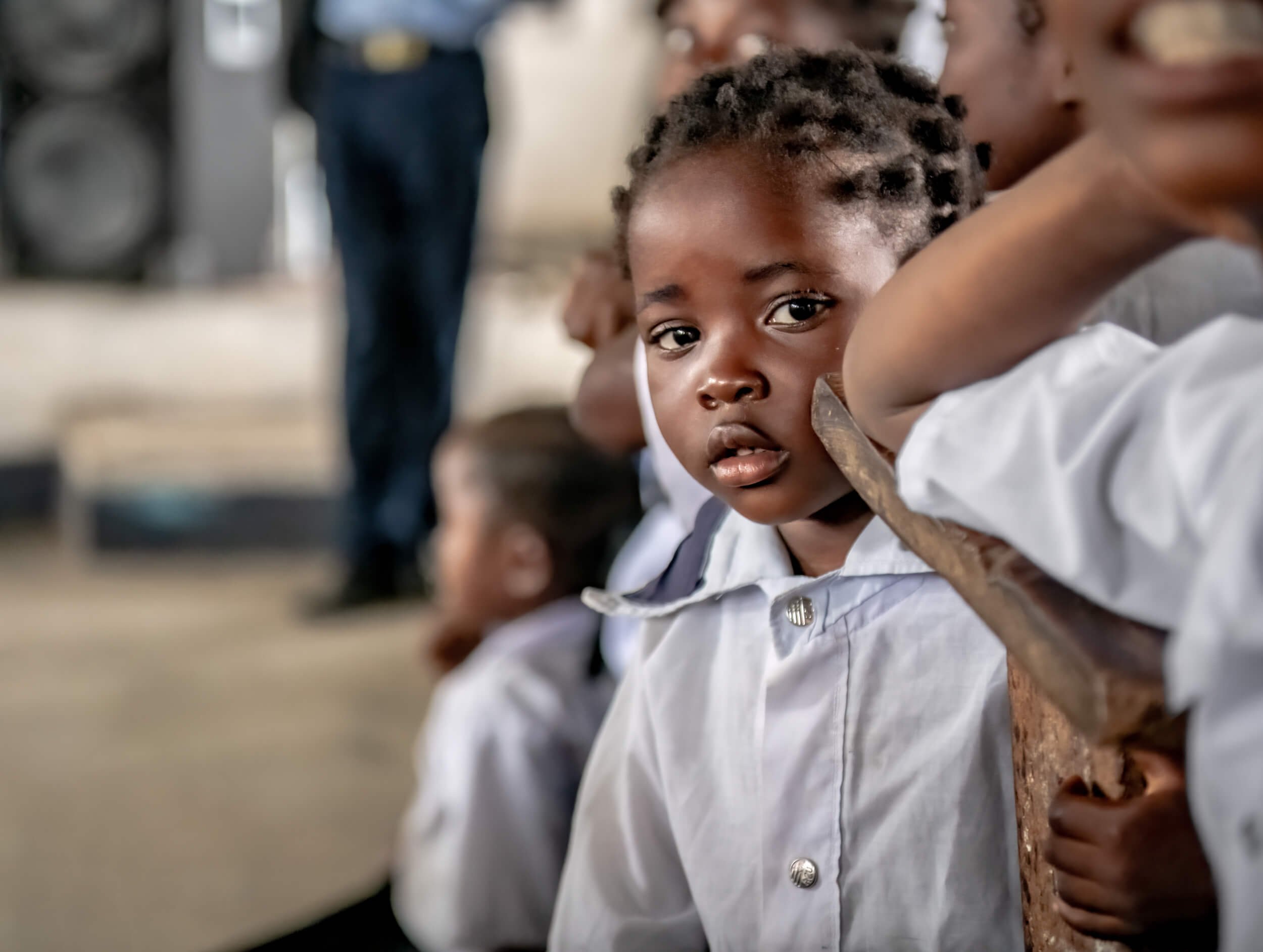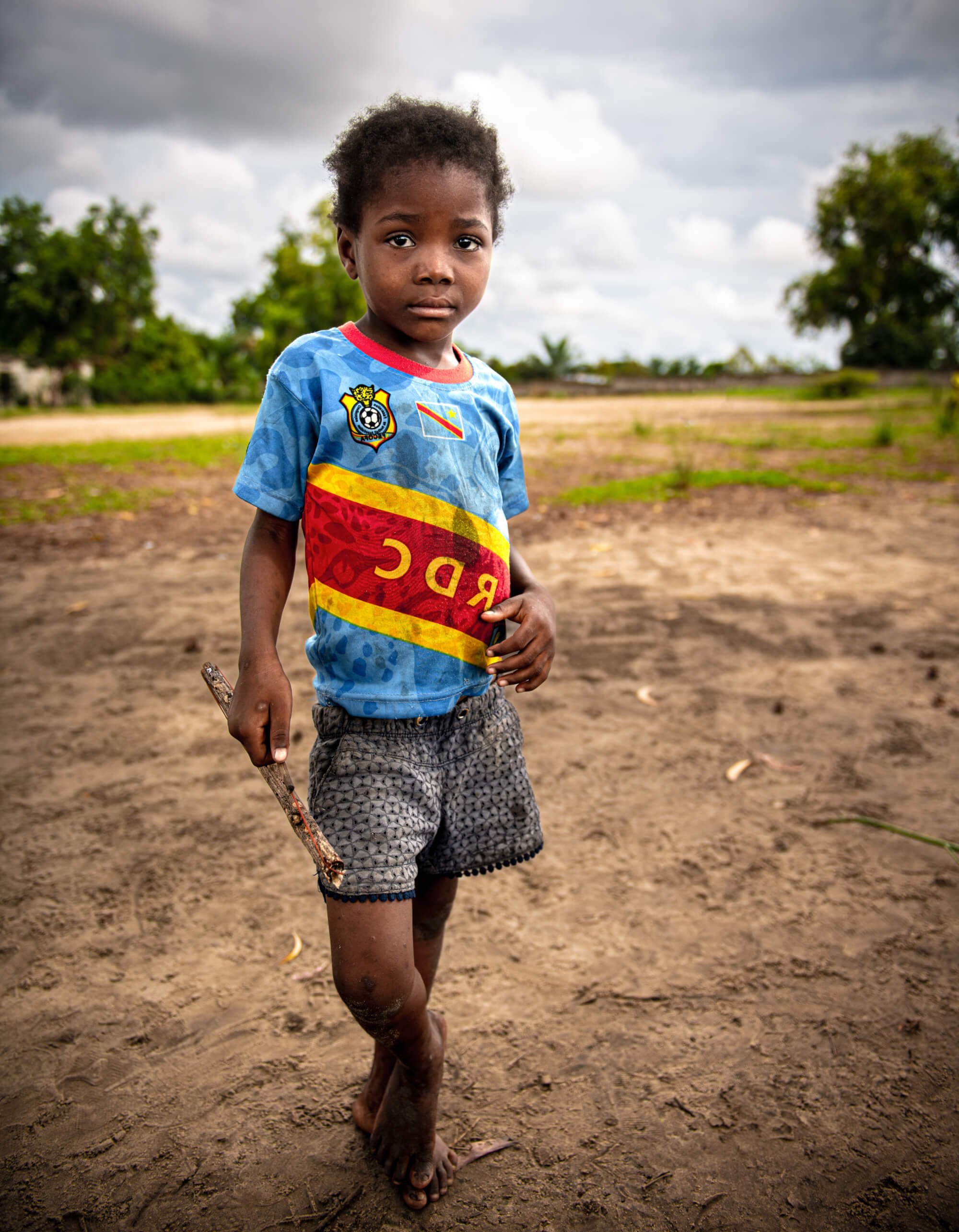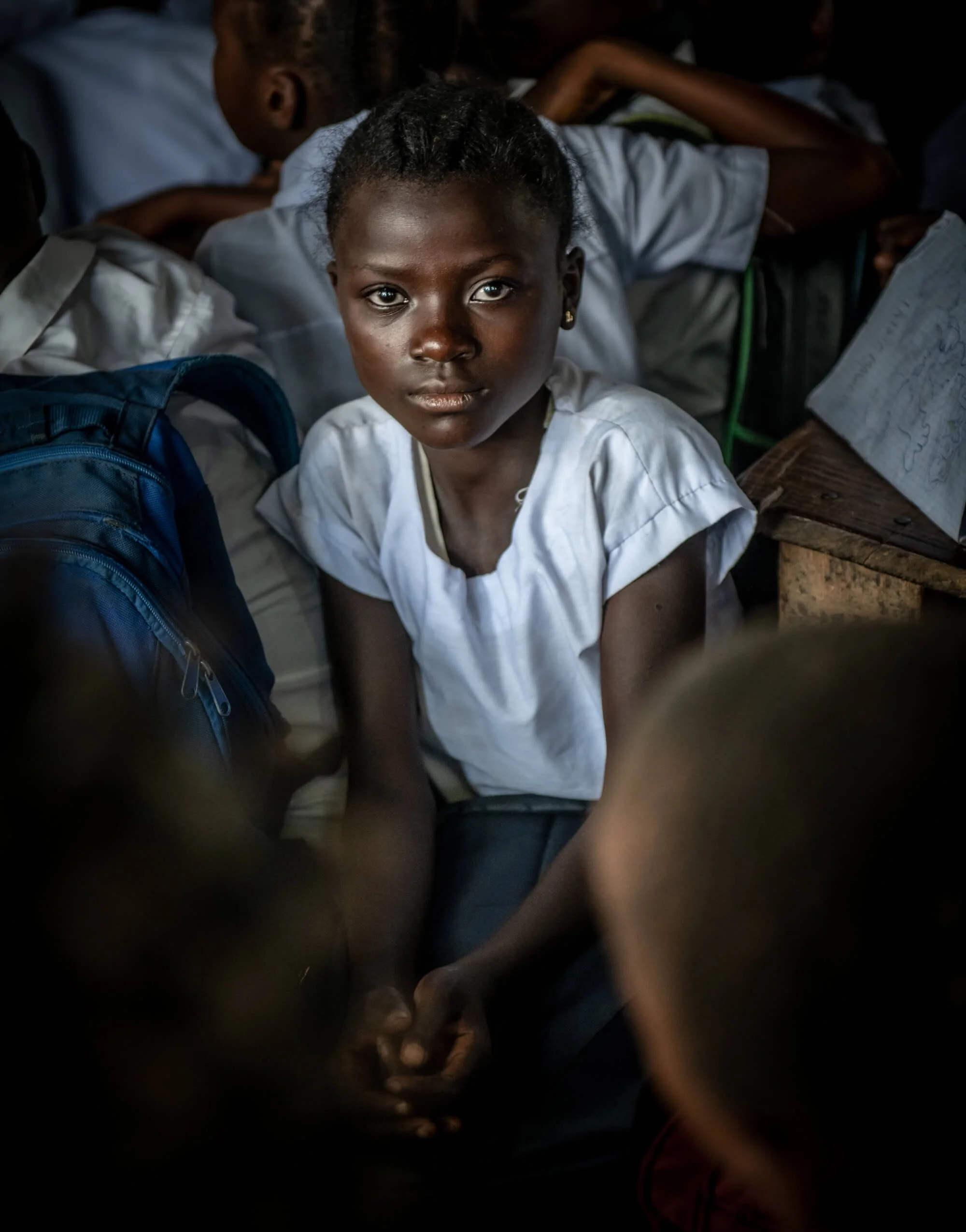The Challenges
“Difficulties break some men but make others. No axe is sharp enough to cut the soul of a sinner who keeps on trying, one armed with the hope that he will rise even in the end.”

Educational
Many schools are damaged or destroyed and conflict often makes it unsafe for children to attend class.
Roughly 50% of the population in the Democratic Republic of Congo is 17 years of age or younger.
3.5 million primary school-aged children do not attend school.
Of those attending school, 44% start after age 6 and only 60% will complete sixth grade.
An estimated 2.7 million children in the DRC need education support, depriving them of opportunities to learn and build a brighter future.
The emotional impact of this violence on children cannot be ignored.

Economic
Despite vast natural resources, the people of the DRC face immense challenges, with food security, education, and economic development remaining a critical issue.
A staggering 62% of the population (about 60 million people) live on less than $2.15 per day.
Decades of war, violence, and poverty have left the population extremely vulnerable while claiming the lives of over 5 million Congolese.
About one in six people live in extreme poverty in the DRC.

Political
The Democratic Republic of Congo is fraught with political instability, armed clashes, and human rights violations.
In 2022, a surge in violence caused extensive internal displacement and substantial loss of life.
5.3 million Congolese were newly displaced in 2024, making the Democratic Republic of Congo the second highest in number of internally displaced people at 6.2 million on the African continent, the fourth highest in the world.
An estimated 400,000 people have fled violence in eastern DRC in 2025 alone, with many pouring into makeshift displacement camps in the region. These areas have been mired in violent clashes between government forces and non-state armed groups since March 2022.
Due to a breakdown in social structure and the presence of armed groups, children in the DRC are more vulnerable to exploitation, including child labor, sexual abuse, and trafficking.
Malembe Rise empowers youth in the Democratic Republic of Congo to overcome these local and national challenges. Young people are provided opportunities to learn and to lead by identifying assets around them including skills, passions, talents, and resources. These assets, already possessed in themselves, their families, and their greater community, enable and encourage problem solving that makes an impact for positive change. The Club of Leaders initiative highlights the potential and agency of young people to be catalysts for change in a world that desperately needs it.
“I believe in Malembe Rise’s work because it invests in people, not projects. It invests in the youth of the DRC by enriching the country’s education system with the teaching of leadership skills that will enable rising generations to lead their own communities out of poverty. It assigns the responsibility of African development to the Africans who know their communities best.”



